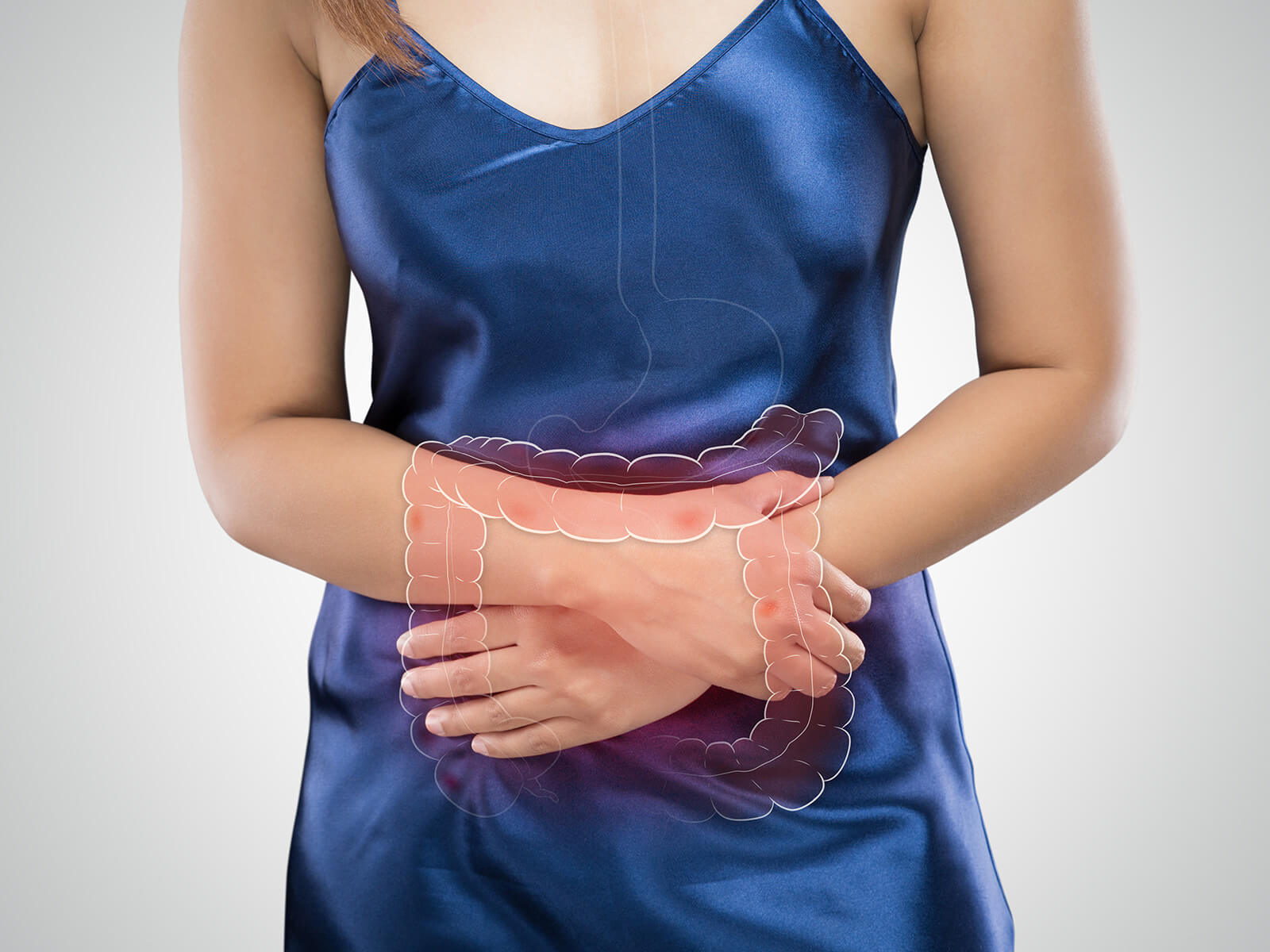
When it occurs in such a manner that there is something to block passage of food, gas or liquids along your intestines, this is bowel obstruction. It may be of little or big bowel. Prevention of severe complications with the help of early diagnosis and treatment is also important.
The symptoms can either translate themselves or gradually. Be alert for:
Intestinal tract can be obstructed or narrowed by a number of factors:
Do not wait as a result of pain, bloating or passing of neither gas nor stool. Book your visit to GastroDoxs in Houston. We would offer you a personal diagnosis, care nurturing and proper treatment plan which would help you to grow the sensation of relief and return to your optimum level of performance and the reason is the professionalism of our specialists and staff.
We've successfully treated more than 464 patients, helping individuals improve their digestive health and overall well-being through expert, personalized care.
With over 20 years of experience, GastroDoxs has been a trusted provider of gastroenterology care, focusing on delivering the best outcomes for patients
ICD-10 code K56.611 is the code employed to code and bill healthcare providers with the use of the small bowel obstruction.
At home, adhere to your physician diet (which usually begins with clear liquids), drink lots of fluids, sleep and inform your physician on the rising pain, nausea or fever immediately.
Yes. The uninhibited development may lead to the death of tissues, perforation and infection in the event that it remains untreated. These life threatening dangers are minimized by early medical treatment.
Foods with a high fiber content or foods which cannot be digested -nuts, seeds, popcorn, raw vegetables and certain fruits may at times cause obstruction in some prone persons.
This implies that the bowels can be viewed in the X-ray with air in them, without the apparent blockage. In order to determine the cause, other tests (CT scan, endoscopy) are usually required.
Consultation is immediately sought in case of pain persisting in the abdomen and vomiting, bloating and failure to pass the stool or gas. Early assessment helps to improve performance.
Our IV fluids, bowel rest, nasogastric tube decompression, superior imaging and endoscopy and on demand surgical excision of obstruction or bypass.
Diagnosis Diagnosis is achieved by a combination of your symptoms and physical examination, blood tests, x-rays of the abdomen, CT, and in other instances endoscopy with the view of establishing and localizing the localized obstruction or extensive obstruction.
Yes. The small bowel obstruction would be inclined to give rise to more vomiting, fast dehydration and crampy pain whereas the large bowel obstruction would be able to produce more distension and constipation.
The healing process will commence in a normal manner with clear liquids and soft food with follow ups. An individual diet and exercise program prevents reoccurrence.